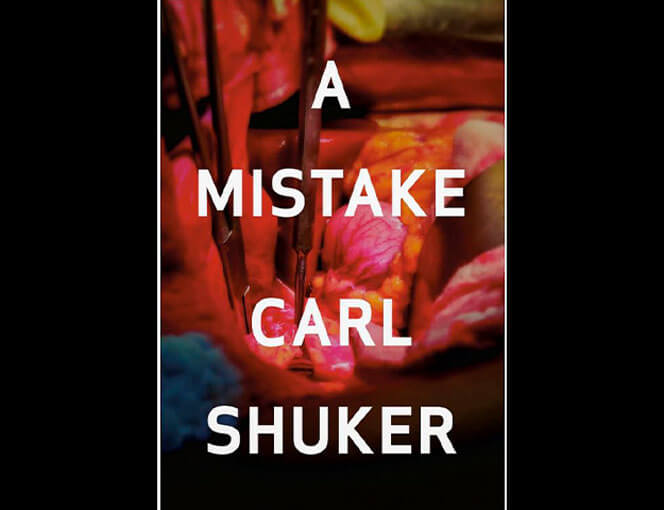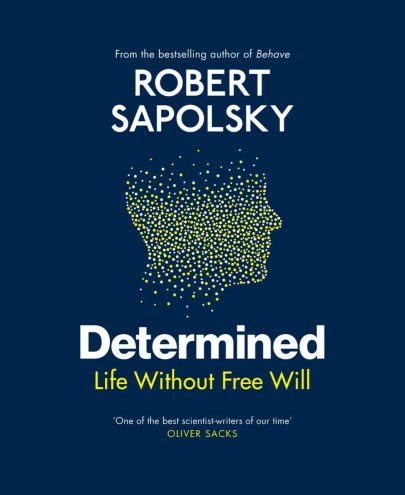Apr 2, 2019 Books
Alec Redvers-Hill reviews Kiwi novelist Carl Shuker’s latest book, A Mistake. Shuker will be speaking at the Auckland writer’s Festival in May.
“Events of importance are the result of trivial causes”. In 2018, those words seemed eerily true for students encountering them in a now-infamous NCEA exam. (Some complained to the media because they didn’t know what ‘trivial’ meant.) In 1986, they were borne out as rubber rings in cold weather failed to seal properly, resulting in the Challenger space shuttle disaster and its seven deaths.
In Carl Shuker’s new novel, A Mistake, a blow-by-blow commentary of the Challenger disaster “assembled from shuttle telemetry, some internal shuttle and mission control comms, public NASA broadcasts … edited for shape” is peppered through a slow-motion portrait of disaster in the shape of a New Zealand surgeon’s potential breakdown, amid that of her career, her personal life, and possibly even her profession, her society, and her world. Melancholy it may be, but dreary it is not.
First off, it’s hard not to like a story that opens with Elizabeth Taylor, surgeon, introducing her registrar, Richard Whitehead, alongside an ED nurse wearing a nametag that reads #Hello MyNameIsAwesome. So, too, for the fun and laughter Shuker brings in among the heartbreak, his fondness for wordplay, and the genius impact of the story’s hinge chapter containing not a single word, but instead a single graph. Being a New Zealander, I find it also hard not to like a story that is so perfectly rooted in New Zealand. The novel seems to repel some of the classic tropes of New Zealand literature — avoiding the bush, the beach, and the farm — in favour of a meticulously cartographed urban Wellington and Auckland, which gives the local reader the same concrete sense of place that the reader of British classics gets as they travel the streets of London. Here, people are overheard complaining that “back under Helen you couldn’t fart without someone doing a powhiri” and that what happens in Auckland can’t be applied to Wellington, let alone the rest of the country. The novel is unapologetic in having its characters naturally go to Countdown or Bunnings, without these references being clunky or token, and leaving the associations and implications of all of this unsaid.
The jargon of the Challenger excerpts can be dry, perhaps even tedious. So, too, can the level of detail applied to the events inside Elizabeth’s hospital, which themselves are reminiscent of a couple of early episodes of Grey’s Anatomy. But these aren’t real quibbles. A Mistake is about hospitals to the same extent that the Challenger excerpts are about space travel: both are merely the setting for stories of unfortunate destruction, which are rich in their specifics, darkly fascinating in their unfolding, and push one to reflective contemplation of their causes and implications.
Within the text, Elizabeth declares the Challenger timeline “the most beautiful story of error I’ve ever read… I read it again and again. It’s short and it’s detailed and it doesn’t patronise me. Some of the best writing of a complex physical phenomenon I’ve ever encountered.”
Shuker’s hope that this novella will be accorded similar praise is palpable, and I for one am happy to oblige. It’s sharp, it’s smart, it’s written with quick wit amid a strangely calm sadness.
It’s great modern New Zealand writing.
A Mistake: Victoria University Press, $30






